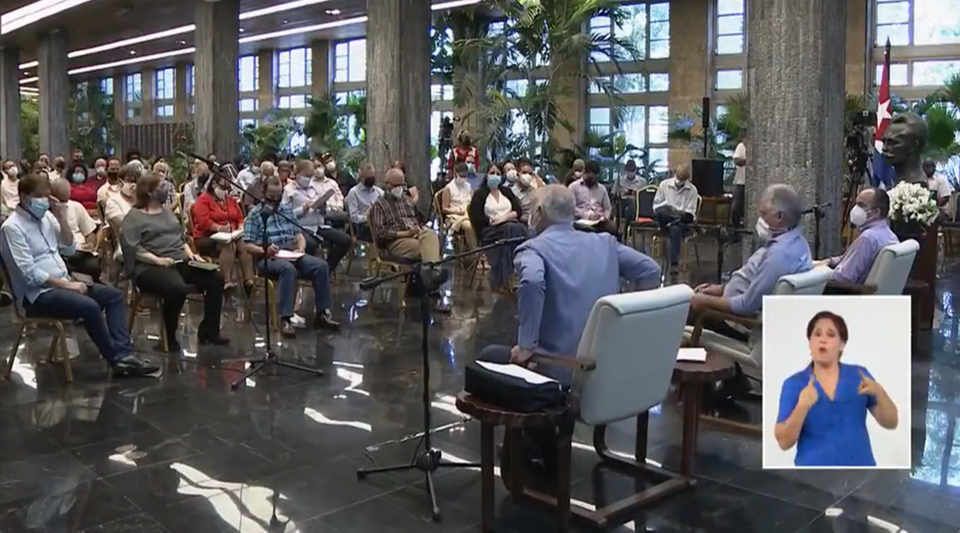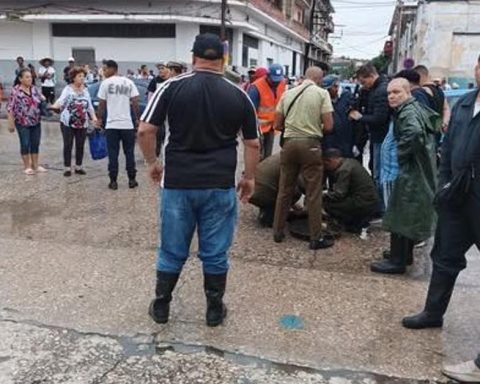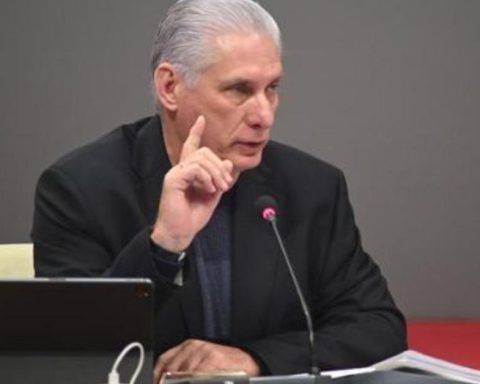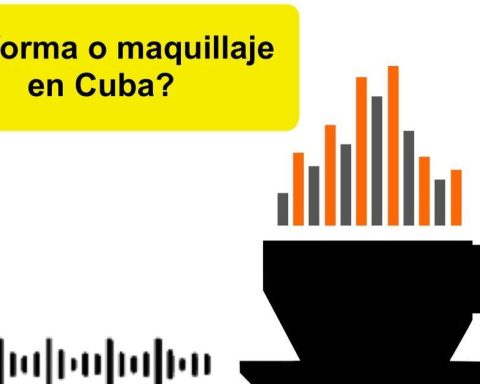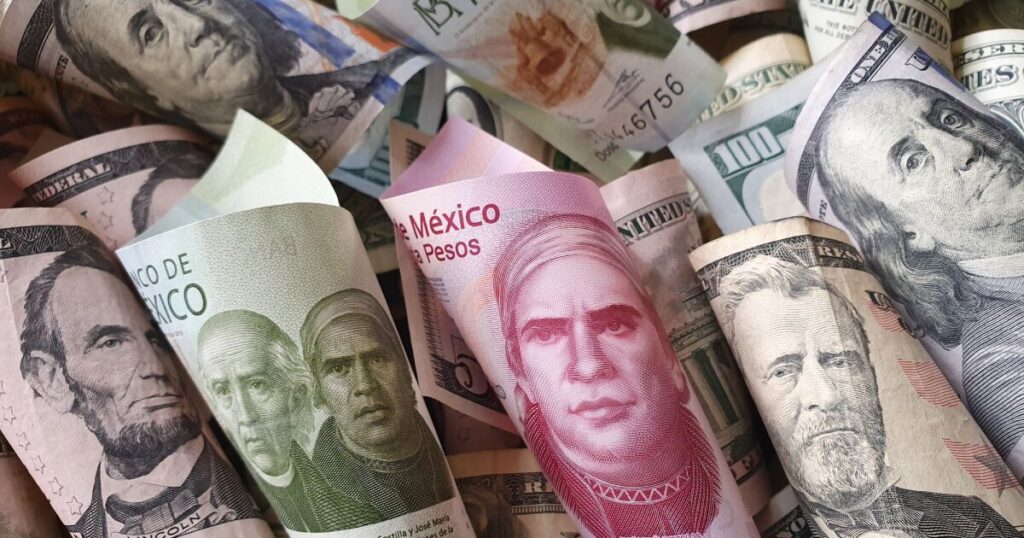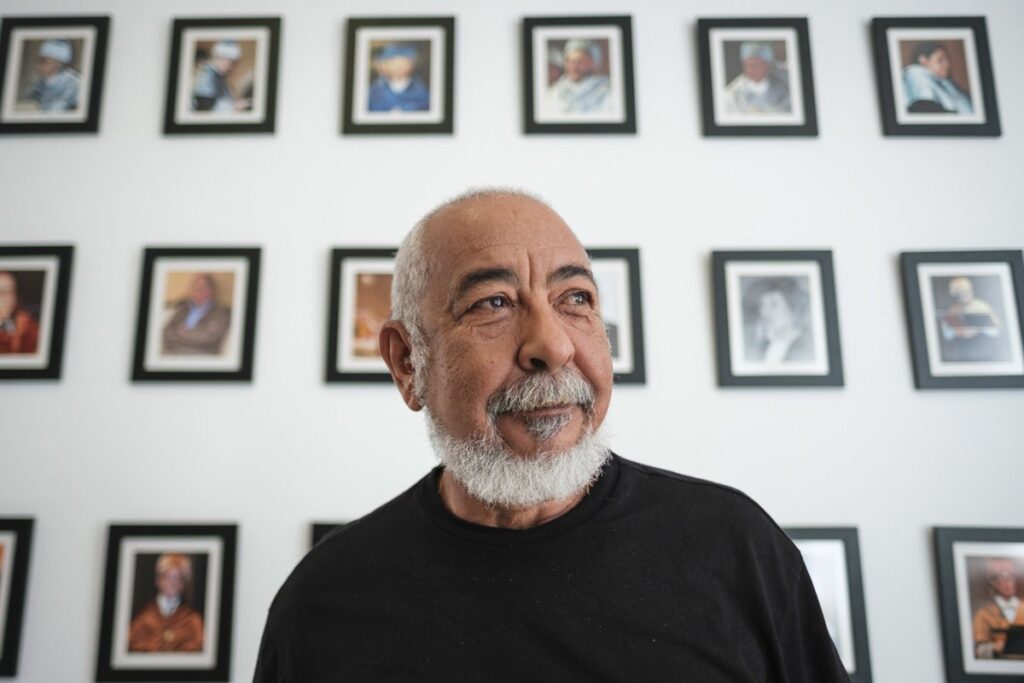The Cuban Government presented this Tuesday a preliminary draft of the Social Communication Law and opened, according to the newspaper reported Granma, a “process of specialized consultations” to favor “the knowledge and study of the population regarding this norm”.
The 32nd version of the law was signed on April 15, but it was made public one day after the anniversary of the historic 11J protests throughout the island. Although the official press posits the law as an instrument to “regulate” the content in the press, already from its preliminary dispositions it makes its character clear: it says that “freedom of the press constitutes a right of the people”, yes, but that this is exercised “according to the aims of the socialist society”.
The text does not recognize any other type of ownership of the local media that is not state, as indicated in the 2019 Constitution.
At a press conference, Onelio Castillo Corderí, vice president of the Cuban Institute of Radio and Television (ICRT) and member of the document’s drafting commission, highlighted as the most important aspect of these consultations “being able to collect the criteria of the citizens, who constitute the core of all the communication processes that the standard describes”.
The document will go through a consultation starting this Tuesday that should end in September, commented the vice president of the state Union of Journalists of Cuba, Jorge Legañoa, without offering more details about the legislative path prior to its eventual approval, for which it has been established an email, as well as “telephone numbers and other channels, through social networks, in many media outlets, in organizations and institutions in the country,” he said Granma.
Legañoa described the preliminary project as “unprecedented, robust and as an opportunity to educate the public in matters of communication”
The journalist, accompanied by two other press and social communication officials, stressed that the regulations cover the institutional, media and community spheres, and that it is the result of several months of investigation.
Legañoa described the preliminary project as “unprecedented, robust and as an opportunity to educate the public in matters of communication.”
The norm announced this Monday, which contains 69 articles, includes a regulation that prohibits the use of content “to make propaganda in favor of war, of a foreign state hostile to the interests of the nation, terrorism, violence and the apology of hatred among Cubans, with the aim of destabilizing the socialist rule of law,” among others.
It also points out that the country’s social communication system has the purpose of “fostering consensus and national unity around the Homeland, the Revolution and the Communist Party of Cuba.”
It also recognizes the income generated by advertising as one of the ways for the economic management of the media, as long as it does not go against “the principles that govern” the “socialist society” of the Island.
Neither recognizes independent media critical of the government and operating in a legal vacuum.
Last May, Cuba approved its new Penal Code in which, among other things, it sanctions with one to three years in prison “whoever spreads false news” with the purpose of “disturbing international peace, or endangering the prestige or the credit of the Cuban State”.
________________________
Collaborate with our work:
The team of 14ymedio is committed to doing serious journalism that reflects the reality of deep Cuba. Thank you for joining us on this long road. We invite you to continue supporting us, but this time becoming a member of our journal. Together we can continue transforming journalism in Cuba.
